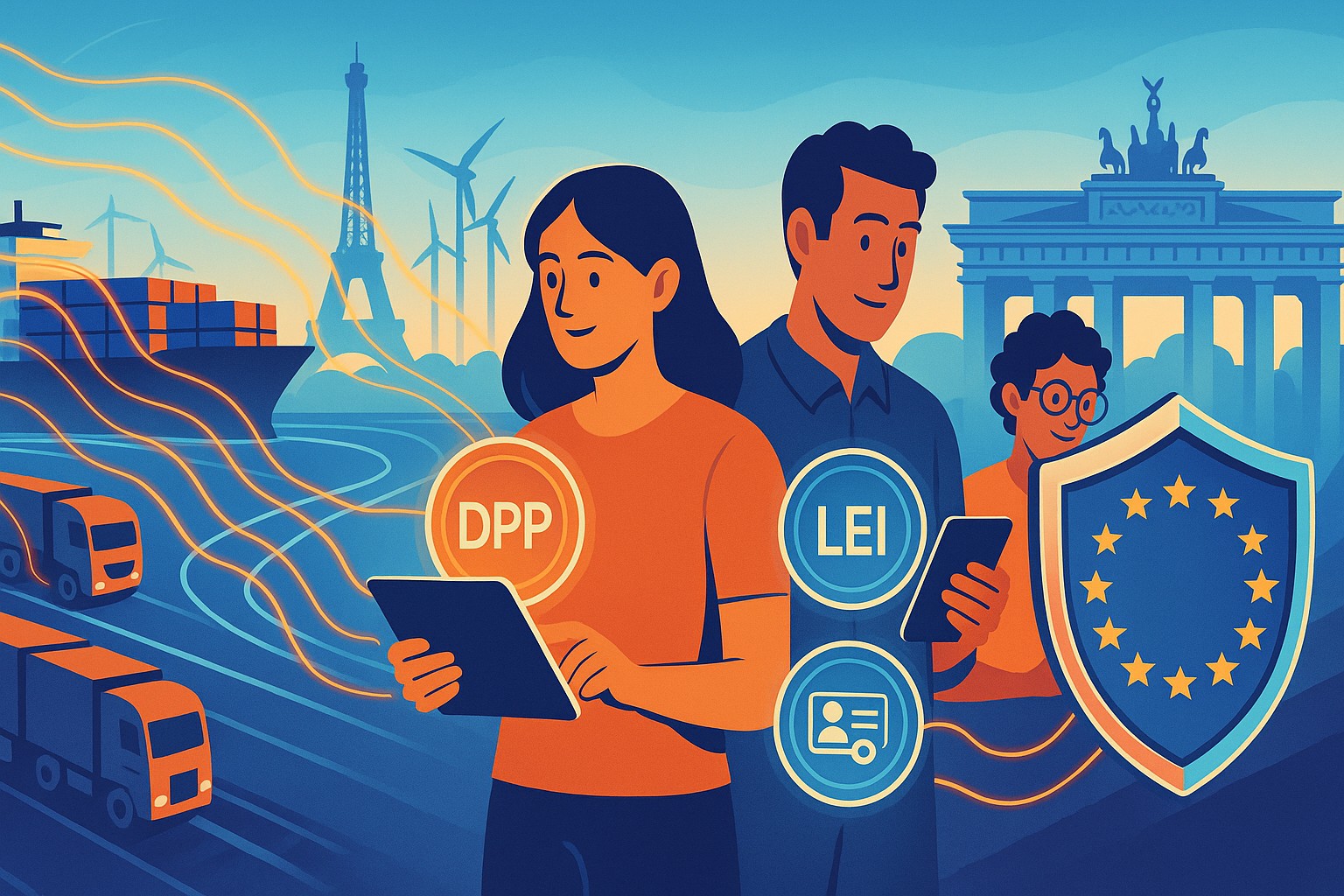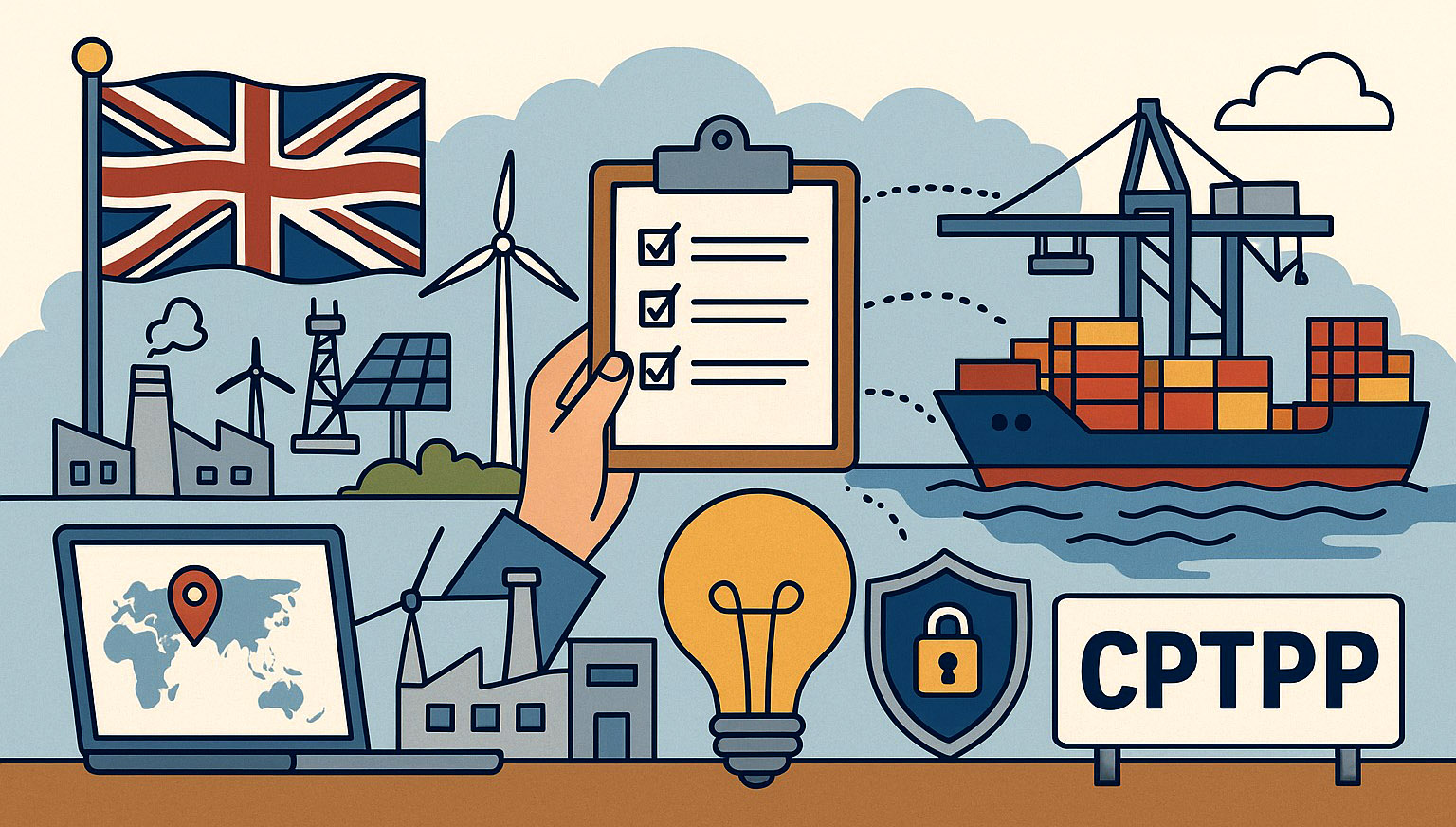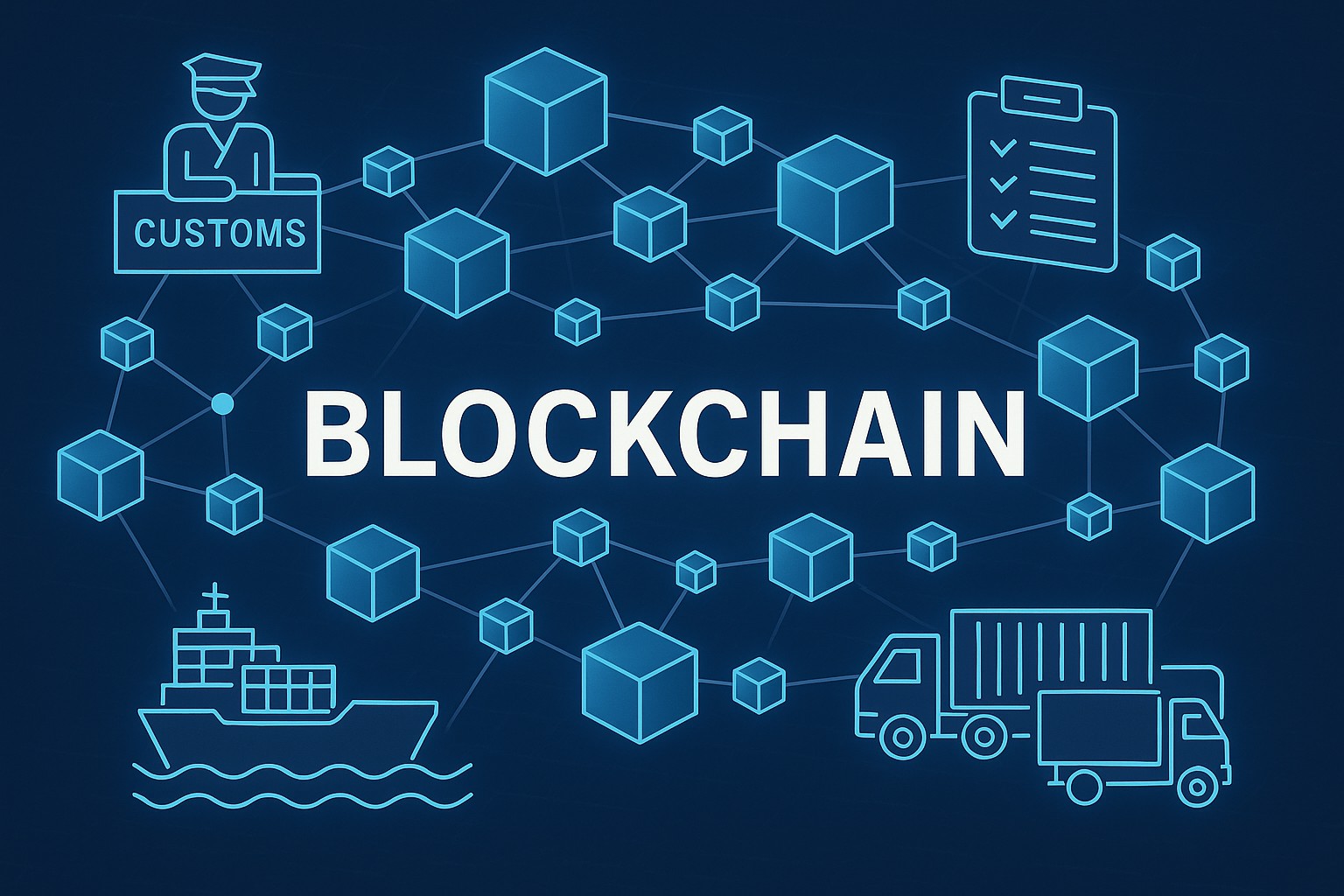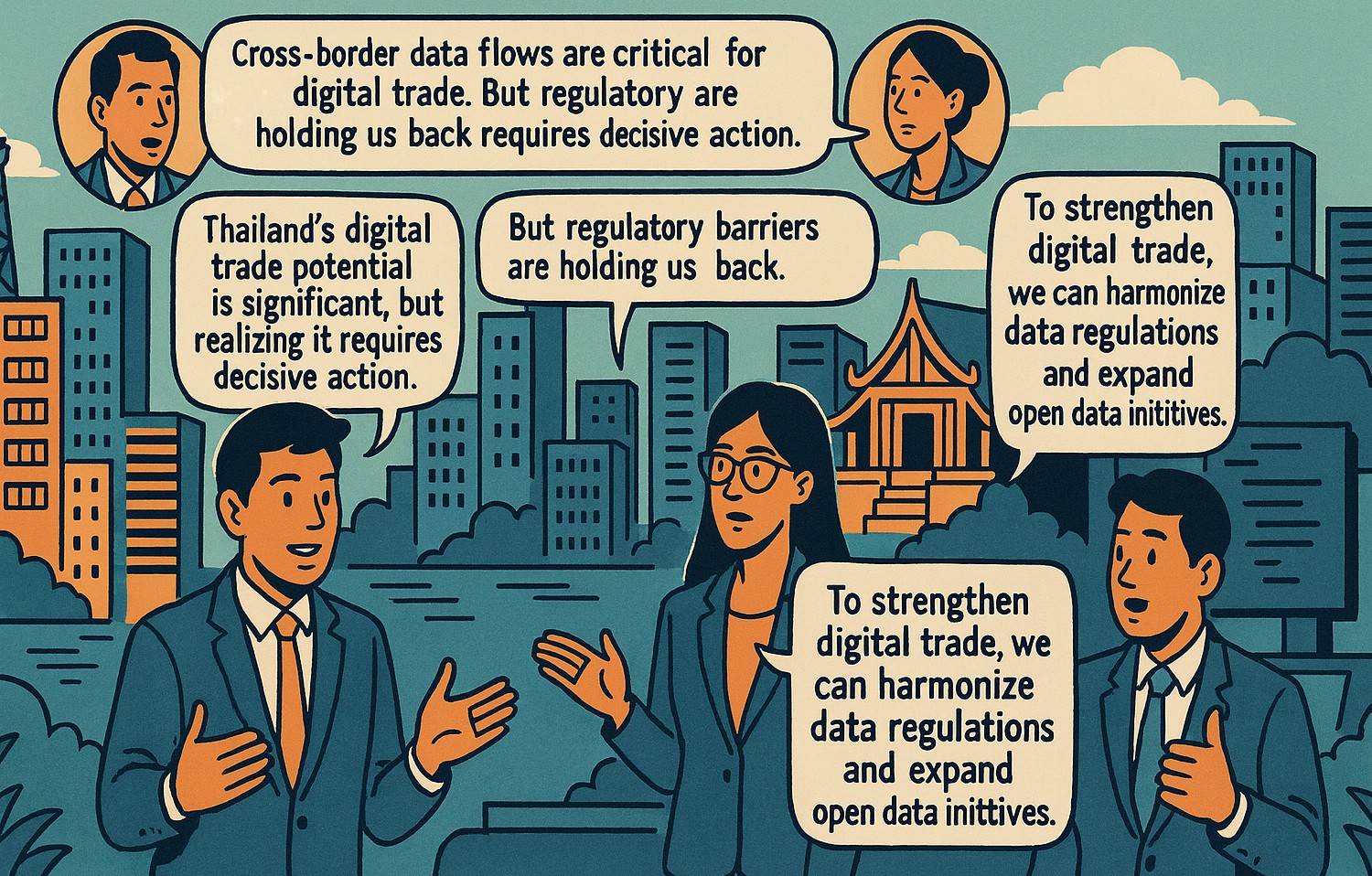Analyses
-
The World Trade Report 2025: Making Trade and AI Work Together to the Benefit of All, published by the World Trade Organization (WTO), explores one of the most pressing questions of our time: how artificial intelligence (AI) is reshaping international trade and whether it can serve as a driver of inclusive growth. The report highlights Read more
-
International trade still runs on paper. From bills of lading to customs declarations, stacks of documents follow goods as they move across borders. Despite the digital revolution, the majority of these processes remain analogue, slow, and expensive. The latest OECD Trade Policy Paper – The Digitalisation of Trade Documents and Processes: Going Paperless Today, Going Read more
-
The Economic Commission for Latin America and the Caribbean (ECLAC) recently published a study titled “The Potential Use of Blockchain in International Trade and its Facilitation” (International Trade Series No. 188, 2025). The report highlights how blockchain technology can reshape cross-border trade by fostering transparency, traceability, and efficiency in global supply chains. A Disruptive Technology Read more
-
The European Union’s Global Gateway (GG) has been presented as the Union’s flagship initiative to mobilise up to €300 billion in sustainable infrastructure and connectivity investment worldwide between 2021 and 2027. More than four years into its implementation, however, the strategy still faces the challenge of moving from political ambition to practical delivery. A recent Read more
-
The recently published report Ten Wins for Trade 2025 highlights ten concrete ways in which international trade has delivered prosperity, growth, and improved livelihoods worldwide. Among these achievements, one of the most transformative—and increasingly urgent—is the shift towards digital and paperless trade. From Burden to Breakthrough For decades, trade transactions relied on paper-heavy processes: physical Read more
-
Thailand stands at a pivotal moment in its digital transformation journey. With ambitions to reach high-income status by 2027, the country views the digital economy as a critical driver of growth and resilience. Within this broader ambition, digital trade—the exchange of goods and services enabled by cross-border data flows—has emerged as both an opportunity and Read more
-
The APAC State of Open Banking and Open Finance (2025): Landscape, Progress, and Regional Insights

The 2025 report titled “The APAC State of Open Banking and Open Finance”, jointly developed by the Cambridge Centre for Alternative Finance (CCAF) and the Asian Development Bank Institute (ADBI), offers a detailed and comprehensive assessment of how Open Banking and Open Finance (OBOF) are evolving across the Asia-Pacific (APAC) region. Building upon insights from Read more
-
Building Europe’s Digital Trade Future: DigitalTrade4.EU’s Vision for eFTI and Beyond

The DigitalTrade4.EU consortium has issued a comprehensive proposal aimed at shaping the future of digital trade in Europe. At the core of its recommendations is the belief that a fully digital, interoperable, and secure Single Market is not only essential for economic growth but also critical for Europe’s defence resilience and sustainability goals. The eFTI Read more
-
The UK’s Trade Strategy 2025: A Blueprint for Resilient Growth in a Changing World

In June 2025, the UK government unveiled its new Trade Strategy, a comprehensive plan to steer the nation through an increasingly turbulent global trading environment. In an era defined by geopolitical realignments, rising protectionism, and rapid technological change, this strategy marks a decisive shift toward a more agile, resilient, and pragmatic approach to international trade. Read more
-
EU International Digital Strategy: Summary and Recommendations for Businesses and Governments

On 5 June 2025, the European Commission and the EU High Representative unveiled a new International Digital Strategy – a joint vision guiding the EU’s external digital policy. This strategy positions the EU as a stable and reliable partner, open to digital cooperation in a challenging geopolitical landscape. It aims to boost the EU’s competitiveness Read more






